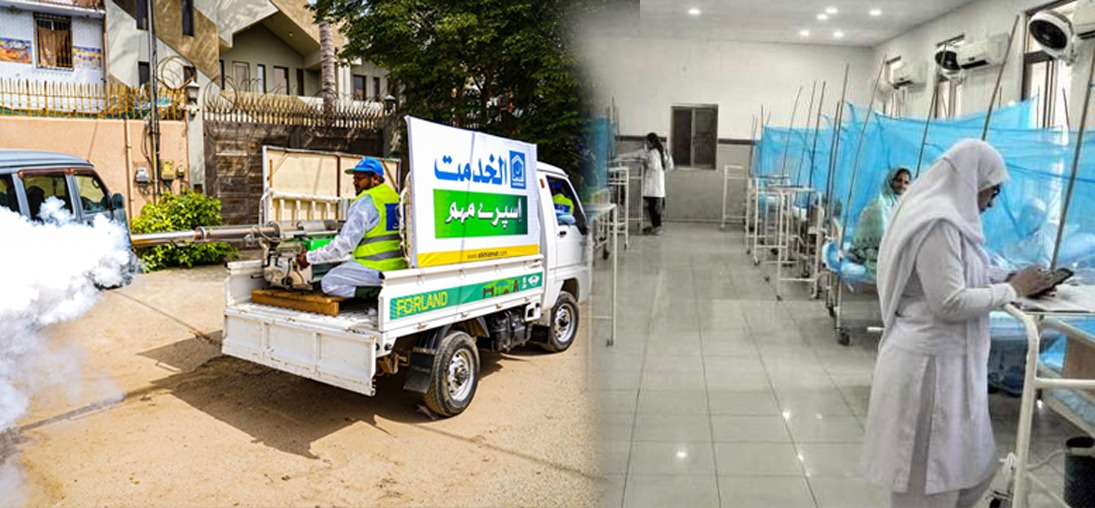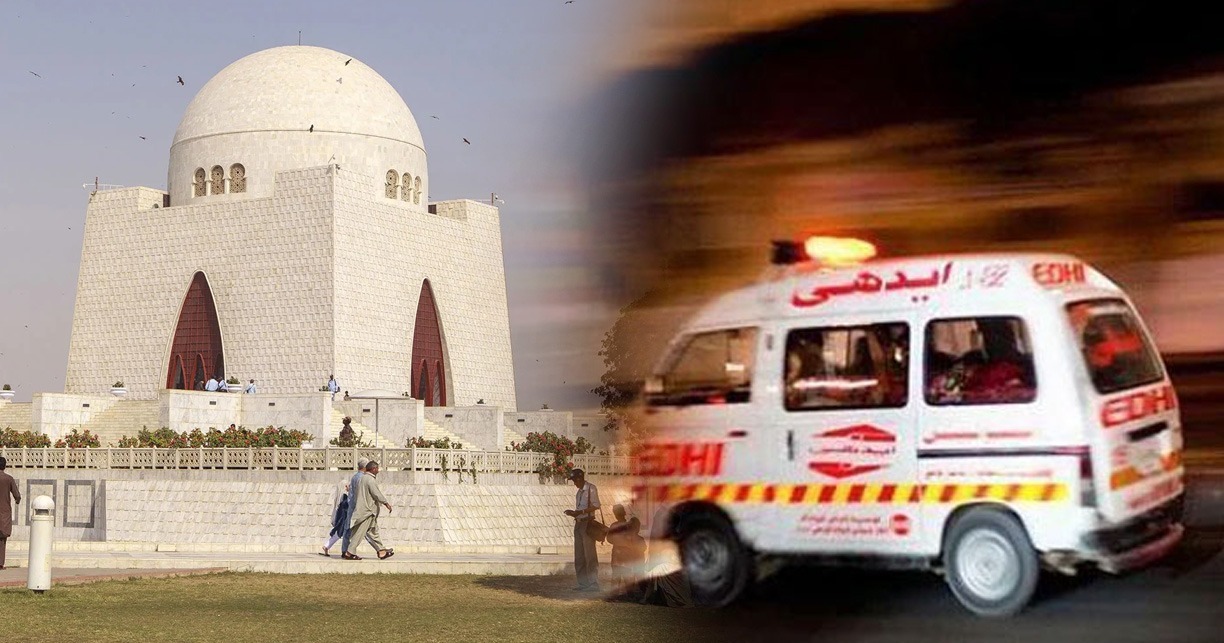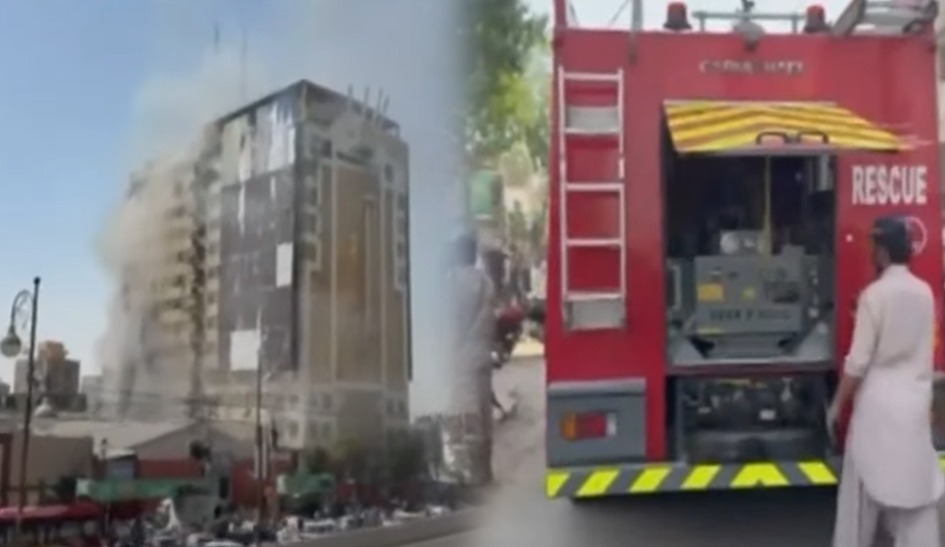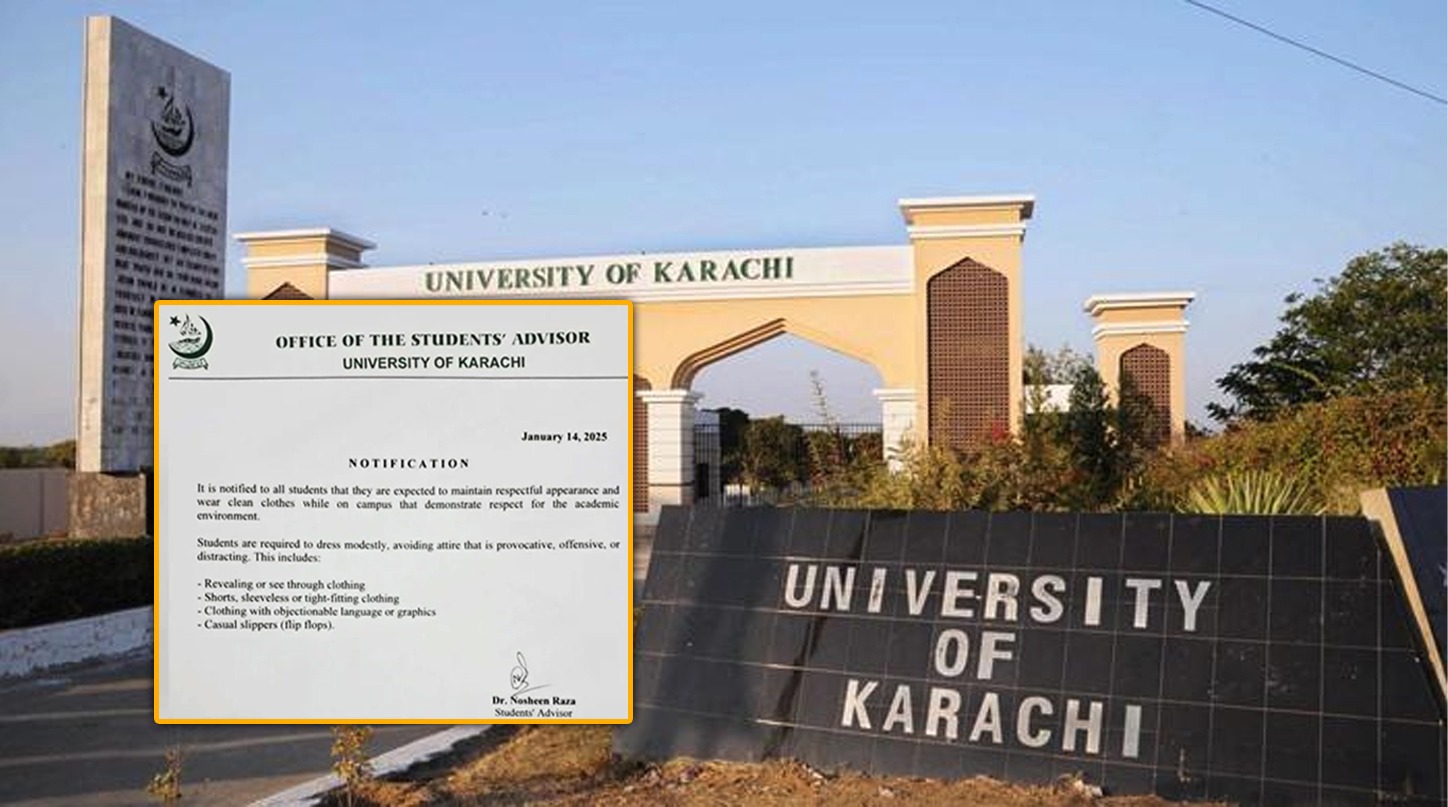
Karachi is witnessing a surge in Chikungunya and Malaria cases, putting increasing pressure on hospitals as the Karachi Metropolitan Corporation (KMC) has yet to launch its fumigation drive. Diagnostic kits for Chikungunya are currently unavailable at Jinnah and Civil Hospitals.
A significant rise in Chikungunya, Dengue, and Malaria cases has been observed in Karachi, with dozens of patients being admitted to hospitals daily. Despite the growing public health concern, KMC has not officially initiated a fumigation campaign, although Al-Khidmat Foundation has begun fumigation efforts in various parts of the city.
According to sources cited by Geo News, diagnostic kits for Chikungunya are lacking at Karachi’s two major hospitals—Jinnah and Civil. The health department has issued directives to ensure the prompt supply of these kits.
Medical experts note that the same mosquito responsible for transmitting Dengue also spreads Chikungunya, making the preventive measures for both diseases identical. Key symptoms of Chikungunya include high fever, joint pain, and discomfort in the fingers and knees, with the pain sometimes being so severe that patients struggle to walk. Unlike Dengue, Chikungunya does not typically cause a sore throat, though body pain may persist for a prolonged period.
Infectious disease specialists emphasize that the mosquito responsible for spreading both Dengue and Chikungunya can transmit either disease depending on its previous host. For Chikungunya patients, staying well-hydrated is advised. While platelet levels do not typically drop in this illness, seeking medical attention is strongly recommended.








